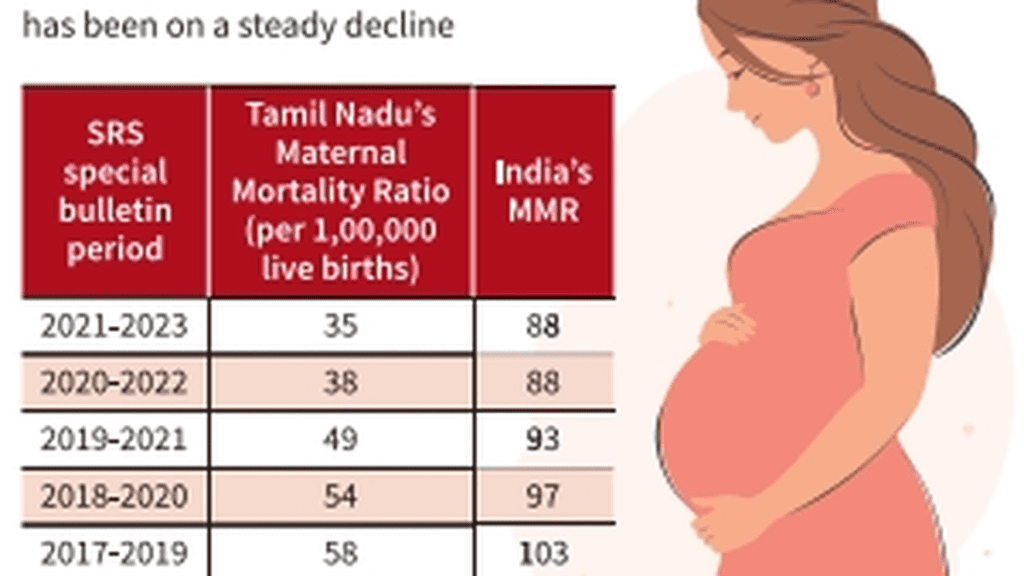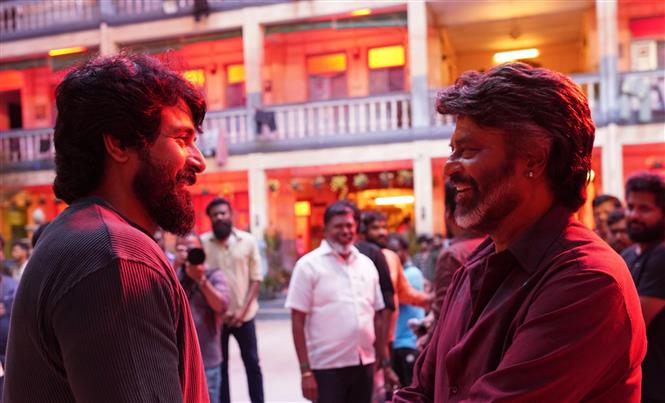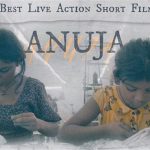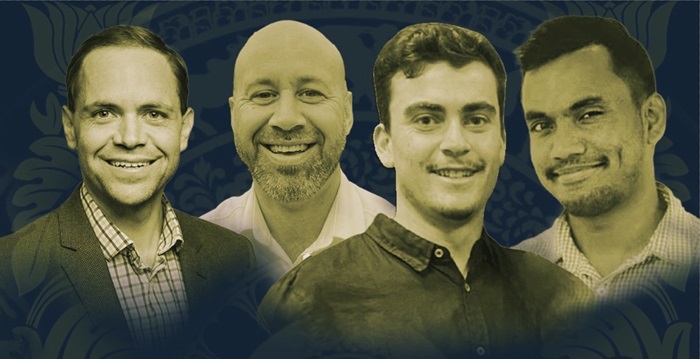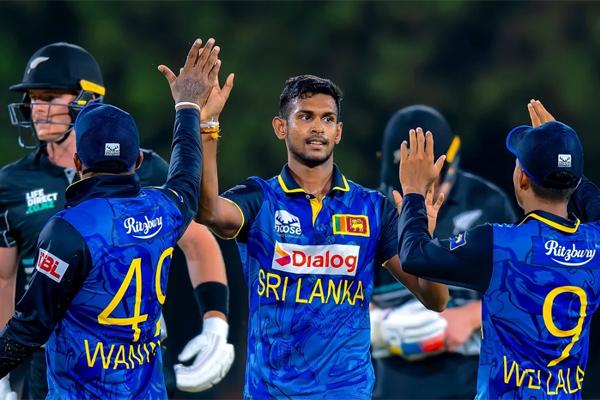Sportstar Focus Bihar Conclave: Good governance a non-negotiable, says Adille Sumariwalla on LA 2028 preparation
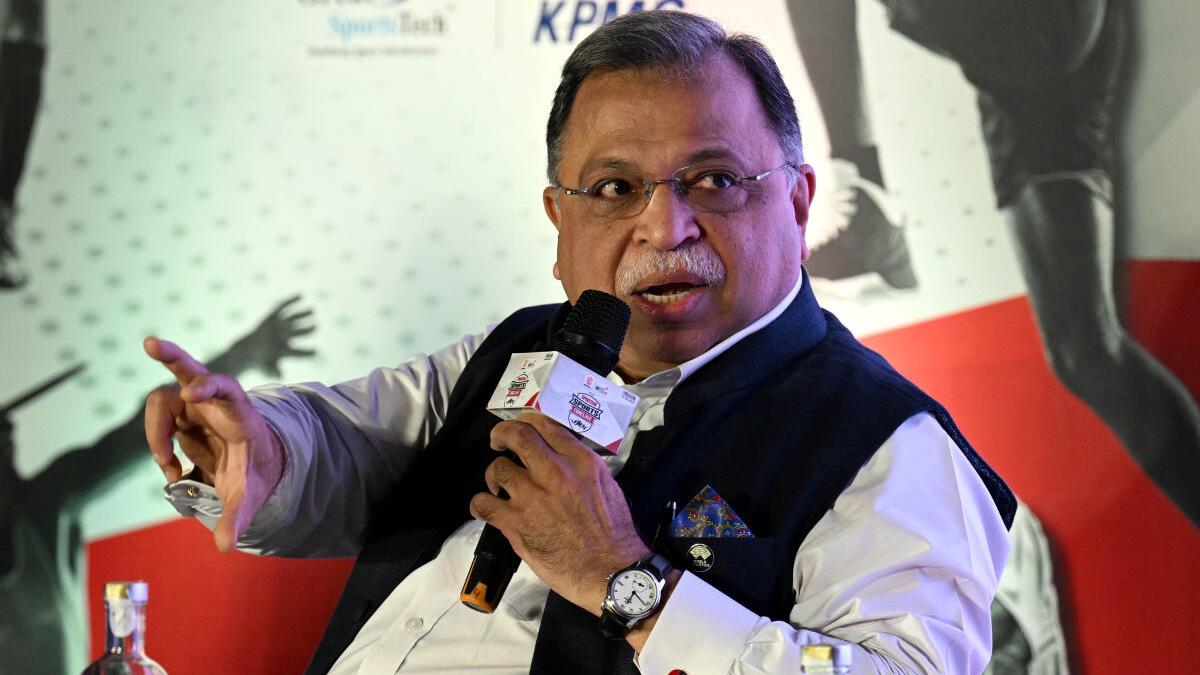
Sportstar Focus Bihar Conclave: Good governance a non-negotiable, says Adille Sumariwalla on LA 2028 preparation
Good governance is non-negotiable to bring out the best results at the LA 2028 Olympics and other international tournaments, opined Adille Sumariwalla, Vice President, World Athletics, during a panel discussion on ‘Learnings from the Paris Games’ as part of Sportstar’s Focus Bihar Conclave 2025 held in Patna on Friday.
Sumariwalla called for more communication between the stakeholders and a focus on the entire ‘ecosystem’ behind an athlete rather than holding the federations accountable for all performances.
“I think you need to fix the ecosystem. Just focusing on the athlete and a single coach won’t work. It is important to have even the technical officials at an international level,” he said.
“The athlete is being given everything they want and they have to go there [Olympics] and perform. The athlete only looks at what he/she wants but he/she doesn’t have the experience or the understanding of what is good in the overall ecosystem. Hence, we need to work together as one unit. The overall ecosystem should be strengthened at the national and state level,” he added.
Commodore PK Garg, former CEO of the Target Olympic Podium Scheme (TOPS), explained how research and interactions between the federation and athletes helps the flagship program.
“TOPS involves continuous research on how a select group of athletes can be developed. There is a synergised, multi-stakeholder approach, which helps TOPS fund each athlete based on their requirement. The Mission Olympic Cell has also been strengthened with the inclusion of sports science, which will improve athlete monitoring and make the scheme more accountable,” he said.
Speaking about India’s performance at the 2024 Paris Olympics, Sumariwalla, the former Athletics Federation of India President opined that the results were a ‘mixed bag’.
“To me as a sportsman, a medal is a medal, If you got one less medal [in comparison with Tokyo], it is not good. The time, effort and money that the government put behind the Indian team, the results were not commensurate to that,” he said.
Commodore PK Garg took a more lenient view, explaining the betterment in performance in the less-fancied sports.
“We had prepared very well for Paris. Yes, we got one medal less than Tokyo, but there were six fourth-place finishes, which meant we missed 10-12 medals by a whisker,” he said.
“India went to the quarterfinals in table tennis for the first time. In archery, we reached four quarterfinals. It has never happened before,” he added.
Shiva Keshavan, the Deputy Chef-de-Mission for India during Paris 2024 and a former Winter Olympian, provided an internal view from the camp.
“For the first time, both the Chef-de-Mission, Gagan Narang, and the Deputy Chef-de-Mission were Olympians. The impact we could have at the Olympic Village itself, as people who have been through it, knowing what the requirements of the athletes are, we could bridge the gap,” Keshavan said.
With the focus shifting towards LA 2028 and the 2036 Olympics, which India hopes to host, the panellists discussed points of improvement that could propel the country up the medal tally.
“We need to instil the culture of sports in our children. However big the infrastructure we create, if we are not able to connect that with the people then it won’t be of use,” said Putul Kumari, Senior Vice President, National Rifle Association of India. She elucidated the example of Haryana as a state that has managed to preserve the sports culture in legacy sports like wrestling, kabaddi and kho kho.
While schemes like TOPS focus on improving a group of elite athletes, Putul Kumari stressed the importance of grassroots development.
“Many athletes do not make it to the highest level in the country because they haven’t been provided the support at the ground level. The top athletes are given everything they want but to reach that step we will have to set up a route,” she said.
“We need to make a policy to bring out talented kids from the villages and ensure they are given the assistance to reach the national level,” she added.



